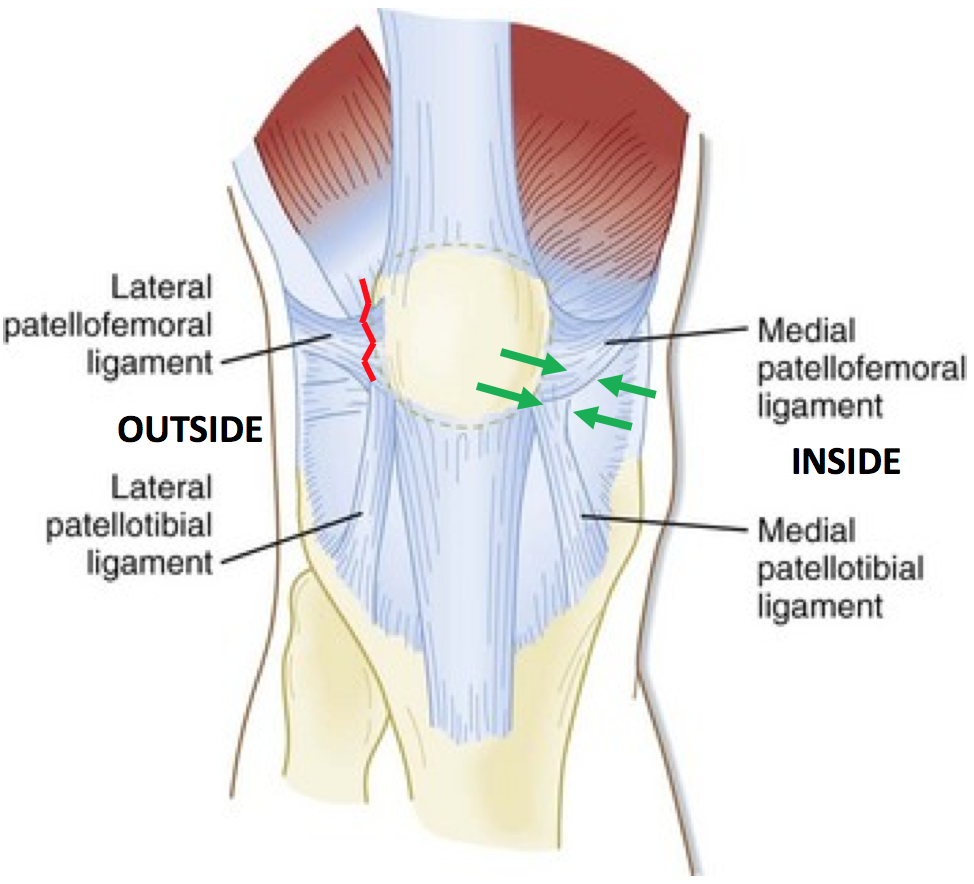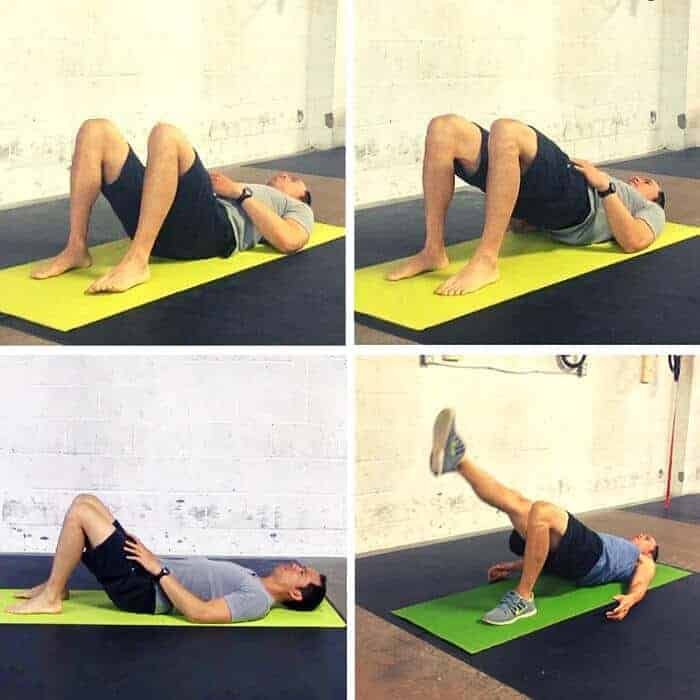Patella Stabilisation Rehabilitation
FUNCTIONAL ACTIVITIES TIMELINE
Please be aware that this timeline is a guide only. Everybody’s rate of healing differs and you may progress faster or slower than indicated.
0-2 weeks:
Weight bearing as tolerated. Begin walking with use of the crutches, easing off them as your pain allows.
Stationary bike riding as soon as able with no resistance. Begin doing only 10 minutes at a time, increasing time to 20 minutes. Ice your knee before and after.
See your physiotherapist at 1-2 weeks after your surgery.
2-6 weeks:
Keep up with your rehab program as indicated by your physiotherapist.
Gently increase the resistance on the stationary bike as your pain allows.
Begin aquatic physiotherapy program designed for you by your physiotherapist. At 2-4 weeks (as long as wound healing have been achieved) begin swimming, use a pool buoy in between your legs and do not kick. This will begin to improve your cardiovascular fitness and upper body strength.
6 weeks:
Commence jogging in straight lines on the flat at 6 weeks. Start with a walk/jog program each a day. Increase very gradually if no increase in pain or swelling. Commence riding on the road at 6 weeks.
8 - 12 weeks
Strength and agility exercises will progress
Progressively commence sport specific activities guided by your physiotherapist. Return to training and participating in skill exercises. Low impact step aerobics classes can be commenced as indicated by your physiotherapist.
12 weeks (3 months):
Follow your physiotherapist’s guidelines for return to sport modifications.
Patella Stabilisation Surgery
Goals:
Control Swelling
REST
ICE – 15 to 20 minutes, 4 times per day
COMPRESSION – Wear tubigrip during the day
ELEVATE – rest as frequently as you can with your leg up on a bed/couch
Mobility
Achieve correct gait, FWB. If pain allows without crutches
Exercises
Achieve full passive extension (straighten out flat)
Achieve full flexion (bending of the knee) – may be limited by swelling
Active strengthening begins with gentle contractions of quadriceps, and progresses to weight bearing contractions by day 7.
Exercises Frequency:
3-4 times per day, ?pain medication prior.
All exercises are to be done within you pain limitationsWeeks 0 – 1 - Exercises:
Ankle Mobility
Sitting or Lying:Move ankle up, down and in circles
Repeat 10 times, every hour
Knee Flexion
Sitting or Lying:Gently bend your knee by sliding your heel towards your bottom as far as comfortable
Slowly straighten out
Repeat 10 times
Towel knee extension
Sitting:Roll up towel and place under knee.
Squeeze inner quads muscle and straighten knee, then slowly lower.
Repeat 8 times per set.
Do 3 sets per session.
Do 3 sessions per day.
Hamstrings stretch
Lying:With hands behind knee, pull knee towards chest until a comfortable stretch is felt in hamstring.
Hold seconds.
Repeat 4 times per set.
Do 3 sets per session.
Do 3 sessions per day.
Weeks 1 – 2 - Exercises:
(Continue Weeks 0 – 1 Exercises as well)
Standing VMO activation
Standing:In step standing position, squeeze VMO then transfer weight onto front leg.
Repeat 4 times per set.
Do 3 sets per session.
Do 3 sessions per day.
Wall Squats
Standing:With feet shoulder width apart and knees in line with toes move into ½ squat and hold.
Hold 15 seconds.
Repeat 3 times per set.
Do 1 sets per session.
Do 3 sessions per day.
Foam Roller
Side lying:Laying on top of foam roller
Rolling out the tight musculature along the outside thigh between the hip & knee.
Rolling out the tight musculature along the outside thigh between the hip & knee.
Slowly up and back 20 times
*** You can change the angle of the body to target different tight areas of the muscle.
Stationary Cycling
Start with 5 minutes on NO RESITSENCE and progressing time as your pain allows.
Ice your knee before and after each cycling session
Standing balance
Aim to keep both your ankle and knee as still as possibly.
Aim for 30s and then progress through eyes open, shut and pillow once this is achieved.
Aim for 10 minutes




